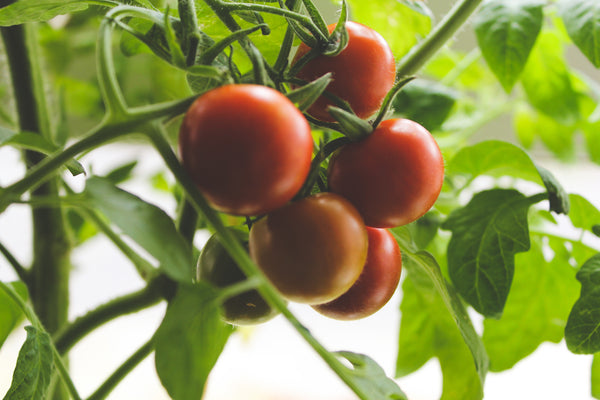We are often asked the question, “What are hybrid seeds exactly?”
A hybrid is created by crossing two different varieties of the same plant. Crossing involves taking the pollen from the male flower of one plant and transferring it to the female flower parts of a different plant. Once the ovary of the female flower is pollinated, it will begin to swell and form a fruit. The seeds that develop inside that fruit are hybrid seeds.
Hybrid seeds are listed as F1 types, as opposed to open pollinated (OP) types. Open pollinated seeds result from a simple sharing of pollen between two like parent plants.
Plant breeders cross varieties and record their results over and over until a formula emerges that produces consistently excellent results. This process can take years. It is an attempt to tease out the best genetic traits of both parent plants and combine them in a hybrid seed.
Hybrid varieties often feature traits like disease resistance, improved flavour or productivity, earlier maturity, and so on. Different traits are desirable for different types of crops. In very general terms, more can be expected out of hybrid seeds than their open pollinated alternatives. That said, some open pollinated varieties are so loved for their flavour or other traits that their seeds are saved from generation to generation and they become heirloom seeds.
When a hybrid tomato (for example) produces its fruits, the seeds inside those fruits will carry genetics from both, or either parent plant. That means their traits will be less predictable. For people who like to save seeds from year to year, open pollinated varieties are a better choice.
Can a hybrid seed also be CERTIFIED ORGANIC?
Yes!



